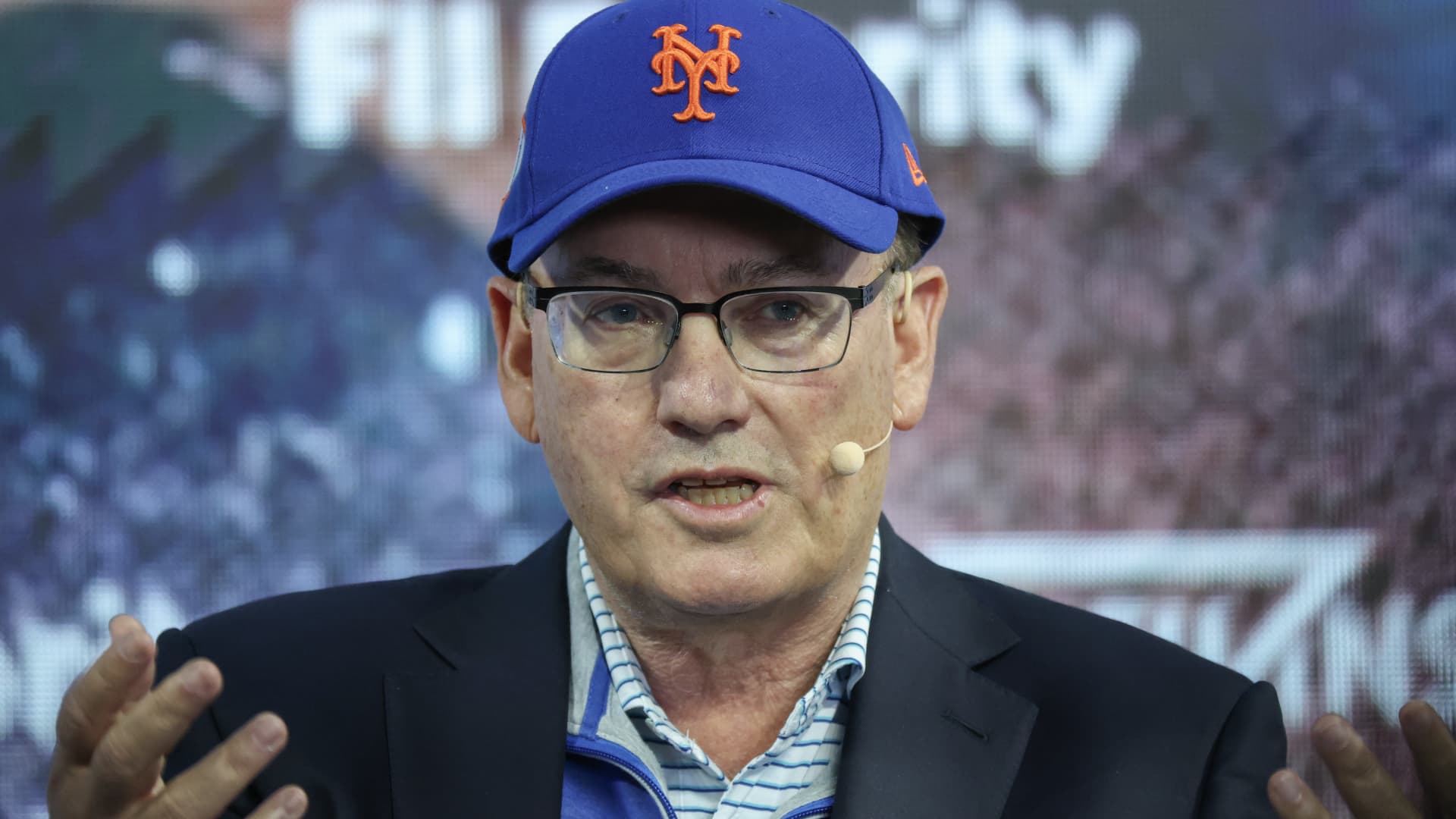
It isn’t always easy to save for retirement, in part because for many people it is so far away that there’s no sense of urgency.
New research suggests a solution: Make the future feel closer.
“People struggle to save for the future, and part of the reason why is people struggle to connect with the future,” says Katherine Christensen, an assistant marketing professor at Indiana University and the study’s lead author. “We wondered, based on past research, if people felt more connected to their future selves, would they be more likely to save?”
After conducting and analyzing a series of 20 experiments to test this hypothesis, Christensen says the answer is yes.
The research found that when we think about the future, more than 80% of the time, we actually start off by thinking about the present.
“What we did is essentially flip that,” Christensen says. Start the thought process by imagining that future before you turn your thoughts back to the present and the savings goals you need to meet to make it happen.
THIS MIDWESTERN STATE IS CONSIDERED ONE OF THE BEST PLACES TO RETIRE, NEW STUDY SAYS: SEE THE LIST
While the difference is subtle, it has been shown to motivate people to save more. In one experiment carried out by the research team with more than 6,700 customers of a Swedish fintech company, people with low-balance savings accounts were 14% more likely to invest in a long-term savings product when they received a notification with language prompting them to think about the future first.
Hal Hershfield, professor of marketing, behavioral decision-making and psychology at the University of California, Los Angeles, and one of the study’s authors, says the prompts were designed with deliberately simple verbiage. “[We] had language along the lines of: ‘The year is 2034…rewind back to 2024 and consider saving for 2034 you,’ ” he says.
While the research was tailored to give institutions like banks insights into how to make customers save more, Hershfield says individual savers can apply their findings using similar wording.
“The key here is to start in the future and rewind back,” Hershfield says, “rather than the traditional approach of only starting now and zooming ahead to the future.”
SOCIAL SECURITY PAYMENTS TO INCREASE FOR PUBLIC PENSION RECIPIENTS
The authors of the new study based their hypothesis on earlier findings that people perceive trips to unfamiliar locations as lengthier than return trips of identical duration. In other words, we perceive traveling home as quicker than journeying to an unknown destination.
This cognitive quirk takes place because uncertainty creates mental distance, Christensen says. That is, people perceive the unfamiliar as being further away than the familiar. This “going home effect,” as scientists call it, holds true for how we think about years as well as miles—which is where the connection to saving for future events or life stages comes in.
POLITICS SHOULD BE DIVORCED FROM INVESTING
You’re more likely to save for a future that feels imminent, Christensen says. “Since the present is more certain than the future, we’re reducing the feeling of uncertainty” by anchoring subjects with a mental destination of familiar present-day reality, she says. “In our nudge, you basically move towards certainty.”
GET FOX BUSINESS ON THE GO BY CLICKING HERE
Martha C. White is a business and finance writer in New York. She can be reached at [email protected].
Copyright ©2022 Dow Jones & Company, Inc. All Rights Reserved. 87990cbe856818d5eddac44c7b1cdeb8
Appeared in the March 10, 2025, print edition as ‘Set Savings Goals By Picturing Future.’
Document WP-WSJ-0002246561

 Personal Finance6 days ago
Personal Finance6 days ago
 Personal Finance1 week ago
Personal Finance1 week ago
 Personal Finance6 days ago
Personal Finance6 days ago
 Economics7 days ago
Economics7 days ago
 Economics7 days ago
Economics7 days ago
 Economics7 days ago
Economics7 days ago
 Economics7 days ago
Economics7 days ago
 Economics7 days ago
Economics7 days ago










